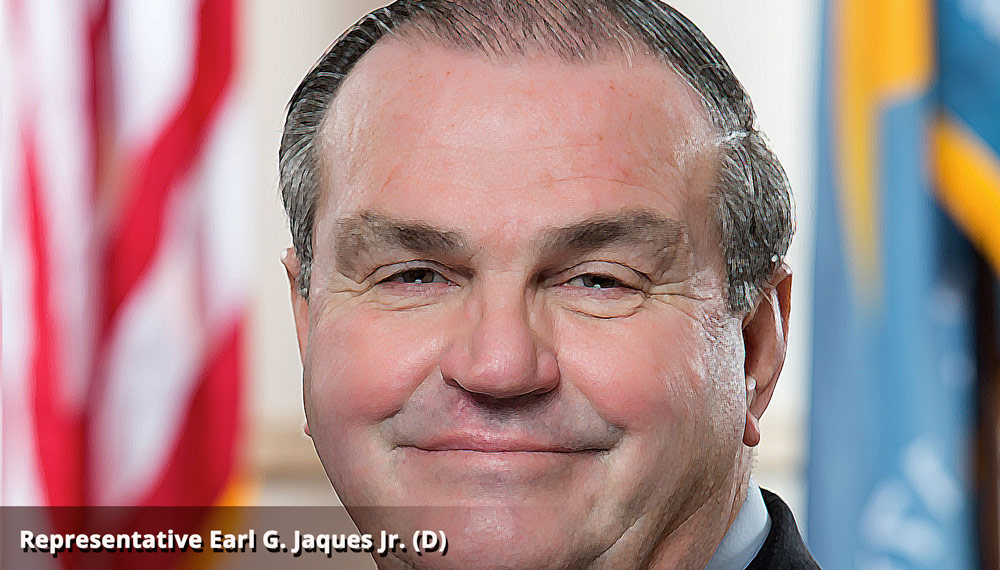Uh oh. Haul out the armament and load and aim — at least if you’re responsible for educating the young daughter of Nicole Solas.
Solas is among the many parents who missed the memo about how sinful it is to have some idea of and influence on what their kids learn in public schools.
She’d heard about how public schools have been indoctrinating kids with a noxious ideological brew about race and gender. So she asked the principal of her daughter’s school in the South Kingstown School District of Rhode Island whether collectivist critical race theory and gender theory were any part of the curriculum.
The principal give hints that this was indeed happening. But then the school stopped talking. Instead of elaborating, school officials told Solas to instead send formal public record requests to learn what was happening at the school.
Which she did. Then the school district began publicly harassing her for being a “threat to public education” (as we all should be, given such doings). The Rhode Island branch of the National Education Association even went so far as to sue this mom.
Nicole Solas could easily have been swamped by litigation costs. Fortunately, the Goldwater Institute stepped in to defend her against the lawsuit and help her pursue her inquiries about the school.
As for her little girl, she’s doing fine. In a private school that is open about what it teaches, which doesn’t include any corrosive political agenda.
This is Common Sense. I’m Paul Jacob.
—
See all recent commentary
(simplified and organized)







